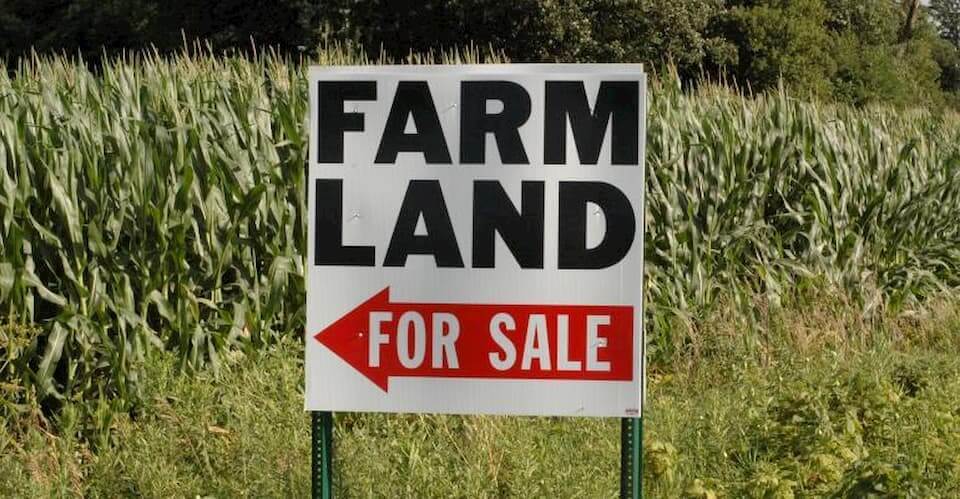Why Do Small Farms Fail???
Small farms can face various challenges, and some common reasons they might struggle and fail include:
- Lack of economies of scale: Small farms often have higher costs per unit of production than larger farms, making it difficult for them to compete on price.
- Limited access to capital: Small farms may have difficulty obtaining financing for equipment, inventory, and other expenses, which can make it hard to grow the business.
- Limited access to markets: Small farms may have difficulty reaching customers, either because they are located in remote areas or because they lack the resources to market their products effectively.
- Weather and natural disasters: Small farms are more vulnerable to weather-related risks, such as floods, droughts, and storms, which can cause significant losses.
- Pest and disease: Small farmers may not have the resources to deal with pest and disease, which could cause significant losses.
- Government policies: Government policies and regulations can also impact small farms, such as changes in trade agreements or subsidies that favor larger farms.
- Lack of management skills: Small farmers may lack the business management skills necessary to run a profitable farm and make good decisions on finances, marketing, and other important aspects of farming.
It’s important to remember that each farm is unique, and the challenges they face can vary depending on the farmer, location, and market conditions. With the growing influence of large agribusinesses, small farmers are under increasing pressure, making it more challenging for them to thrive in the industry.
I’d love to share more about my experiences and opinions on this topic. Please join me in the comments to discuss these points further. I hope this also provides some insight if you’re thinking about starting a farm. Looking forward to connecting with you in the coming weeks!



Comments